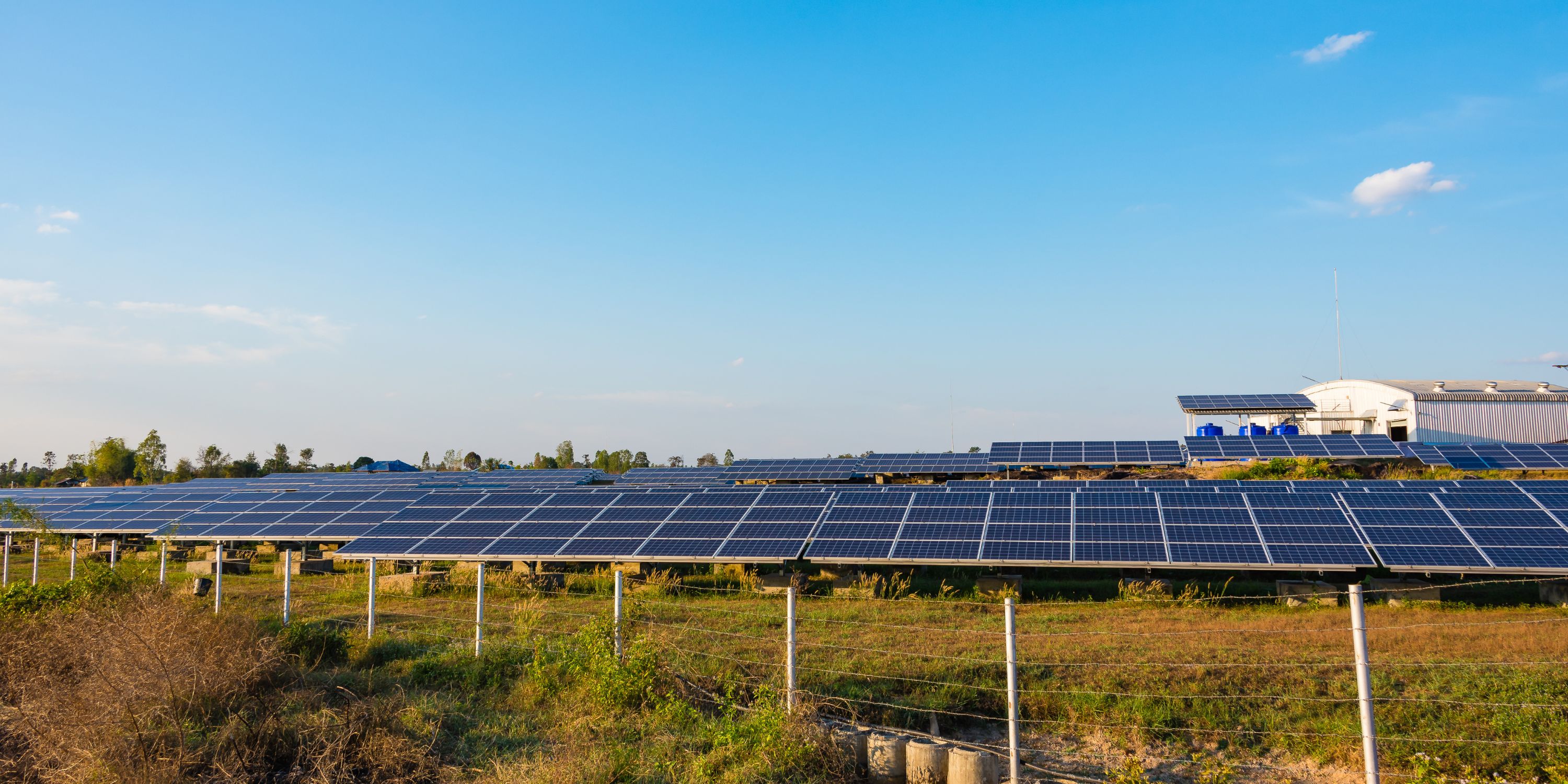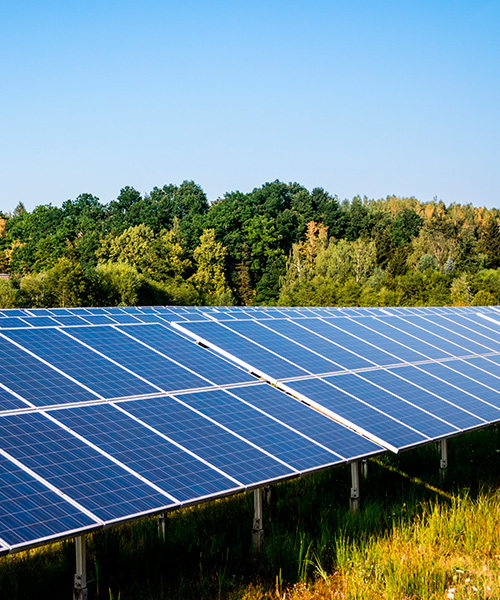All about precision agriculture
All about precision agriculture
Technology at the service of the field
Technology at the service of the field
The optimization of resources and reduction of the environmental impact are two of the aims of some practices based on the use of advanced technologies in the primary sector.
Precision agriculture has become a cornerstone in the search for more efficient and environmentally friendly agricultural methods. This revolutionary approach makes the most of advanced technologies and information management systems to optimize the use of resources, increase productivity, and reduce the environmental impact in food production.
But are we really clear what this agriculatural precision involves and how it can transform the way in which we grow our food? In essence, it is the digitalization of agriculture and how this process translates into the ability to make the best decisions, in the best scenarios and at the most opportune times.

What is precision agriculture?
What is precision agriculture?
Precision agriculture is based on the use of advanced technologies and detailed data to optimize the management of crops and available resources. In other words, it involves collecting, analyzing, and applying specific information to make more precise and efficient decisions in all stages of production. One of the keys is, precisely, to understand spatial and temporal variability or, in other words, to recognize that agricultural fields aren't uniform.
There are differences in the soil, topography, climate, and other factors that vary from one place to another and at different times, and their understanding is key to improve the efficiency of crops. This type of agriculture adresses that variability of the land through the use of technologies that allow the collection of specific data that promotes a more precise and efficient management, through practices that range from precision planting to harvesting and optimal maintenance of crops.
Characteristics of precision agriculture
Characteristics of precision agriculture
- Use of advanced technologies
Precision agriculture makes the most of new technologies to collect valuable information. The use of remote sensors and drones equipped with high-resolution cameras, for example, allows farmers to collect data on the status of crops, soil health, and climatic conditions with unprecedented precision. This data is integrated into geographic information systems (GIS) and analysis platforms that provide a holistic view of the farms.
- Data integration
Agricultural precision systems integrate data from multiple sources, such as satellite images, soil measurements, and climatic data to provide a complete and up-to-date image of the field situation.
- Automation and efficiency
The application of the most advanced technologies in high-precision agriculture doesn't only refer to the collection and processing of information. Automation also plays an important role. Tractors and agricultural equipment equipped with GPS navigation systems, for example, can operate autonomously, optimizing efficiency and reducing costs. Automated irrigation systems, on the other hand, improve efficiency by adjusting the amount of water delivered to crops based on soil conditions and water demand.
- Continuous monitoring
Connectivity has also revolutionized the way farmers manage their farms. Mobile applications and online tools allow them to access real-time data or monitor the progress of activities. In other words, precision agriculture involves constant monitoring of crop yields and field conditions, allowing real-time adjustments to maximize productivity and minimize negative impacts.
- Personalization of agricultural practices
The data collected is analyzed to identify patterns and trends, allowing farmers to better understand the specific needs of each area of the field and make the best decisions at any given time. They can then tailor their practices to specific demands, ranging from precision planting to applying fertilizers or treatments in the most appropriate amounts and at the most appropriate times.
Join Repsol: your talent makes the difference
We look for profiles with skills in different areas. Discover the current openings.
Systems used in precision agriculture
Systems used in precision agriculture
The transformation of agriculture is a fact and, a good part of its success has to do with the systems used by precision agriculture including:
- Global Positioning Systems (GPS). GPS is essential in precision agriculture for precise geolocation of specific areas of the field. This allows farmers to map the land and perform operations with unprecedented accuracy.
- Drones. They are increasingly more common tools in the sector. Equipped with cameras and sensors they can collect data of great value for professionals on the land, crops, and climatic conditions quickly and precisely.
- Remote sensors. These types of systems are used, mainly, to monitor diverse aspects of crops and the soil from a distance. These sensors can measure, among others, the soil moisture, health of crops, temperature... Namely, key factors for agricultural production.
- Geographic Information Systems (GIS). GIS allows the integration and analysis of spatial data to inform the design and execution of field actions. This includes the creation of crop yield, soil, or supply application maps, which help farmers identify both high-yielding areas and those that require extra attention.
Repsol and precision agriculture
Repsol and precision agriculture
Innovation and digitalization play essential roles in the advancement of precision agriculture. At Repsol we are committed to it, aware that the incorporation of emerging technologies such as artificial intelligence (AI), machine learning, internet of things (IoT), and big data has transformed the way in which operations are managed and the primary sector is no exception.
The company's commitment to innovation and reducing the environmental impact of agriculture is evident in a wide range of projects. In this scenario, the commitment to renewable fuels in agriculture is not only materialized in initiatives such as the one developed by Repsol in collaboration with ASAJA, which allows the transformation of agricultural and livestock waste into fuels of 100% renewable origin, but also the promotion of their use in the sector through agreements with strategic partners such as the one signed with New Holland, experts in the manufacture of agricultural machinery.
The result is a clear example of how innovation, digitalization, and the use of technology can transform a traditional sector such as agriculture, allowing a more efficient and environmentally friendly production.


